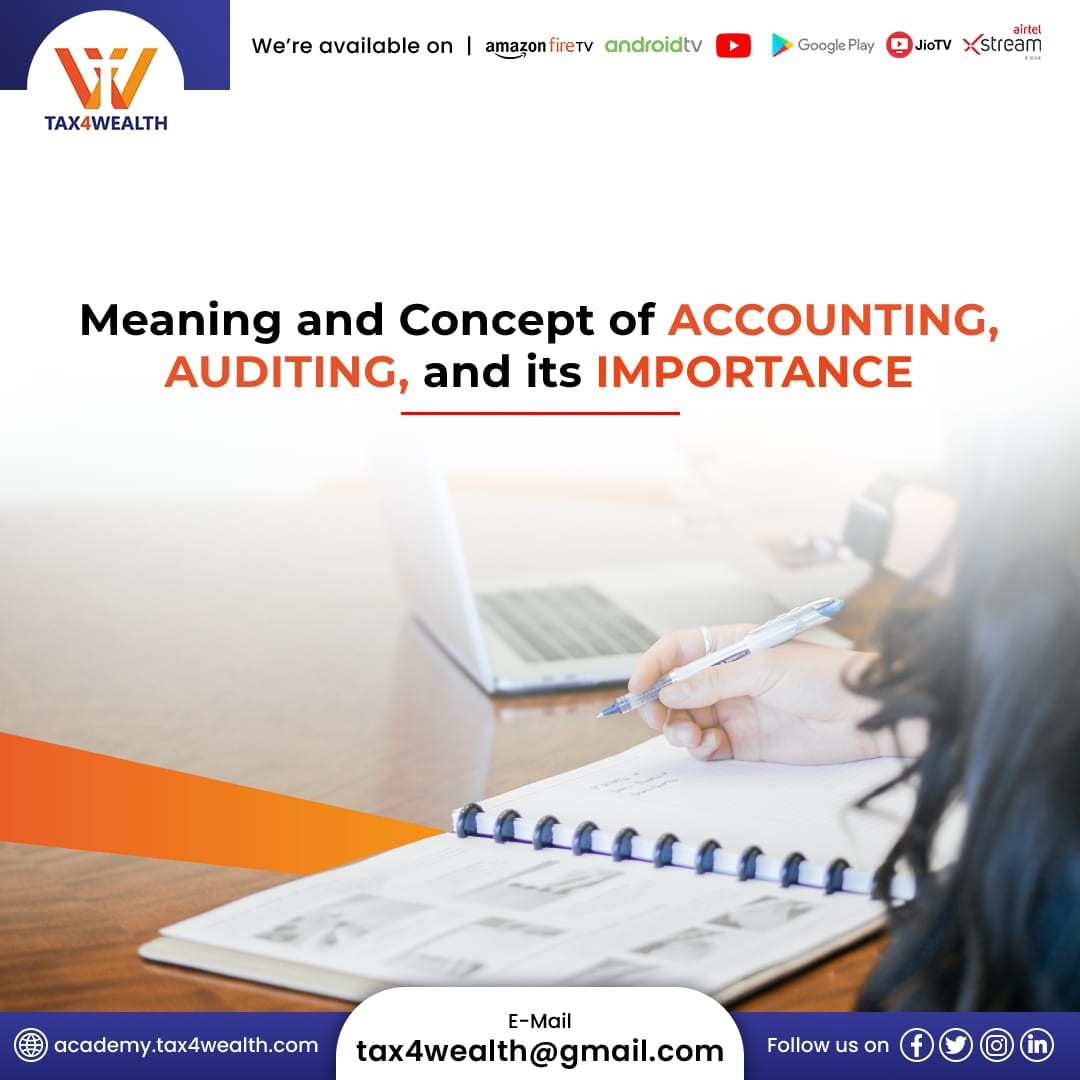
Audit Interview: Commonly Asked Questions & Expert Answers
The process of auditing is a critical component of financial management and accountability in any organization. Whether you're a seasoned auditor or a fresh graduate aspiring to enter the field, audit interviews can be both challenging and rewarding. To help you prepare for your next audit interview, we've compiled a list of commonly asked audit interviews questions and provided expert answers to give you a competitive edge.
1. Can you explain what an audit is, and why it's essential?
An audit is a systematic examination of an organization's financial statements, internal controls, and processes to ensure accuracy, compliance with laws and regulations, and the safeguarding of assets. Audits are crucial because they provide assurance to stakeholders (such as shareholders, investors, and creditors) that the organization's financial information is reliable and trustworthy.
2. What are the key steps in conducting an audit?
The key steps in conducting an audit include:
✅ Audit Planning: This involves understanding the organization's objectives, identifying risks, and developing an audit plan.
✅ Risk Assessment: Evaluating the likelihood and impact of risks on financial statements.
✅ Testing Internal Controls: Assessing the effectiveness of internal controls in place to prevent errors and fraud.
✅ Substantive Testing: Examining individual transactions and account balances to detect material misstatements.
✅ Reporting: Communicating findings and opinions in the audit report.
What is GST Departmental Audit? Click here 👉🏻 GST Departmental Audit
3. What are the different types of audits, and can you explain the main differences between them?
There are several types of audits, but the main distinctions lie in their objectives:
✅ Financial Audit: Focuses on the accuracy of financial statements and compliance with accounting standards.
✅ Operational Audit: Evaluates the efficiency and effectiveness of an organization's operations and processes.
✅ Compliance Audit: Ensures that an organization adheres to laws and regulations.
✅ Internal Audit: Conducted by internal teams to assess internal controls and processes.
✅External Audit: Conducted by independent, external auditors to provide an objective opinion on financial statements.
4. What are some common audit risks, and how do you mitigate them?
Common audit risks include:
✅ Inherent Risk: The risk of material misstatement due to the nature of the business or industry. Mitigation involves careful risk assessment and extensive substantive testing.
✅ Control Risk: The risk that internal controls won't prevent or detect errors or fraud. Mitigation involves testing and assessing internal controls.
✅ Detection Risk: The risk that auditors won't detect material misstatements. Mitigation involves thorough audit procedures and sample selection.
5. How do you stay updated with the latest accounting and auditing standards?
Staying updated is crucial in the auditing profession. I regularly:
✅ Attend Training: Participate in training sessions, webinars, and workshops.
✅ Read Professional Journals: Stay informed about changes in standards through publications like the Journal of Accountancy or The CPA Journal.
✅ Membership in Professional Organizations: Join organizations like the AICPA (American Institute of Certified Public Accountants) or similar groups that provide access to resources and updates.
# Click here to know about the 👉🏻 Audit Under Income Tax Act
6. How do you maintain independence and objectivity as an auditor?
Maintaining independence is vital for auditors. To ensure objectivity, I:
✓ Follow the ethical guidelines set by professional bodies.
✓ Always approach the audit with a critical mindset.
✓ Refrain from any activities that could compromise independence.
7. What are the key qualities or skills that make a successful auditor?
✓ Emphasize the critical attributes:
✓ Showcase your ability to analyze complex data.
✓ Highlight your effectiveness in conveying findings and recommendations.
✓ Stress your precision in auditing processes.
✓ Reinforce your unwavering commitment to ethical standards.
✓ Mention your ability to adapt to changing regulations and technologies.
8. How do you differentiate between internal and external audits?
✅ Expert Strategy: Clarify the distinctions between these audit types:
✅ Internal Audit: Performed by an organization's own employees or a contracted internal audit team. It assesses internal controls, risk management, and operational efficiency.
✅ External Audit: Carried out by independent external auditors who provide an objective opinion on the accuracy and fairness of financial statements.
9. What are the fundamental steps involved in conducting an internal audit?
Outline the key phases of internal auditing:
✅ Planning
Describe how audit plans are developed, emphasizing the importance of understanding the organization's goals and risks.
✅ Risk Assessment
Explain how risk assessments help identify areas of focus for the audit.
✅ Testing and Evaluation
Discuss the process of examining controls, transactions, and processes to detect weaknesses or non-compliance.
✅ Reporting
Emphasize the significance of clear and concise reporting, highlighting the communication of findings and recommendations.
For more information, Visit us at: https://academy.tax4wealth.com/
Related News
No comments yet, Be the first to comment.













